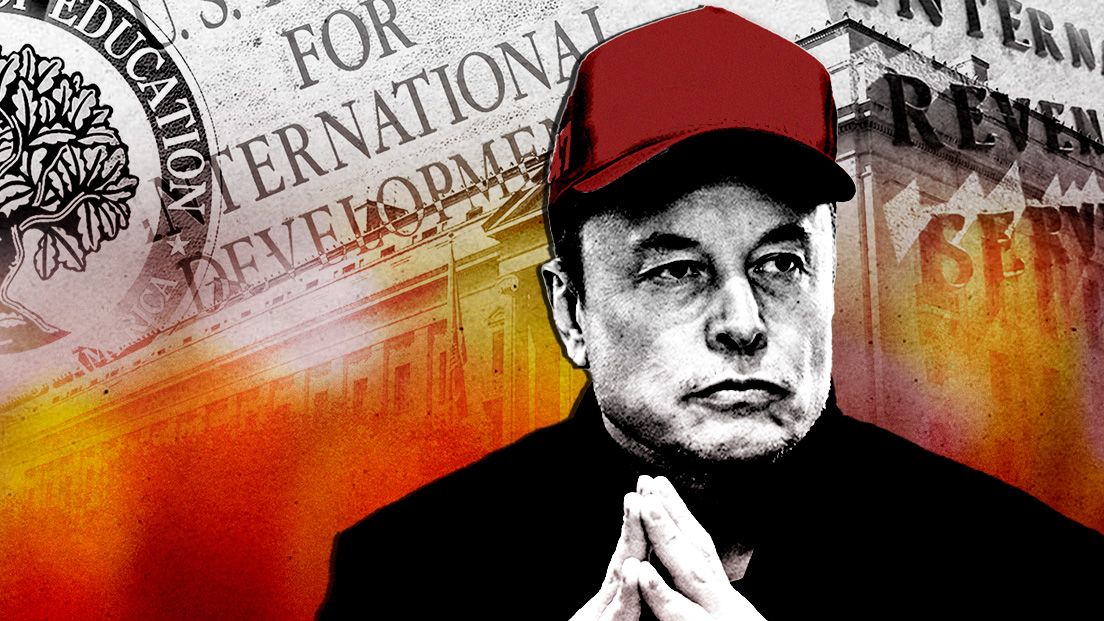Samrow grew up in a family that deeply values service. She says her grandfather served in the Indian Foreign Service, her father works for UNICEF, and she had hoped to follow in their footsteps. “I want to do something that feels meaningful. Then to pour everything into that since freshman year, interning for nonprofits, for international organizations, for GAO — that was all because this is something that I believe in,” she says. “And then to almost feel punished for it?”
As graduation creeps closer, it’s been difficult for Samrow to see the certainty her peers with business and consulting job offers are experiencing, especially because she knows she willingly sacrificed that certainty for her commitment to public service. “I’ve been grappling with this sort of anger that I don’t even know how to articulate sometimes,” she says. “Because, I’m like, this is something I chose for myself. But it’s not that I didn’t put in the effort, it’s not that I didn’t put in the work, it’s not that I didn’t care — it’s that it’s literally been taken away from me.”
She continues, “And it’s not just me; it’s thousands of people.” For Samrow it feels like the federal government “isn’t even an option” right now, but she’s hoping with time that may change.
Weld is not so sure. In his eyes the Trump administration is a “different beast,” and reflects his worries about what increased political polarization means for the future. “How can I reckon with the possibility that if I get into the federal bureaucracy under a Democrat and in four years a Republican comes into power, my whole life could be upended?” he asks. “I would consider working in the federal government depending on the circumstances, but the only way that I would feel truly secure in doing so is with a paradigmatic shift in the political scene of the country.”
The hiring freeze has also impacted college seniors who weren’t interested in pursuing careers that traditionally fall into the realm of civil service. When Sara Pizzini, a senior at Georgetown and a psychology major, first heard about the hiring freeze, she didn’t think it would affect her.
Since middle school, Pizzini has wanted to pursue psychology to understand “why people are the way they are.” For the past three years, she has conducted lab research on culture and emotions, early-childhood development, and is currently writing a senior research thesis on mothering and fathering.
In December, she applied for a fellowship at the National Institutes of Health; she interviewed with three separate labs. After she received a second-round interview at one lab, the federal hiring freeze went into effect and her hiring process slowed down. Pizzini then got an email saying the program had been “paused.” She’s trying to figure out something else, but at this time, she says, the uncertainty, “honestly, feels really bad.”
Recently she met with an advisor who encouraged her to pursue opportunities outside the research space: “She’s like, ‘You should get a real job,’” Pizzini recalls, her voice cracking. “And I was just like, ‘That goes against everything that I stand for.”
